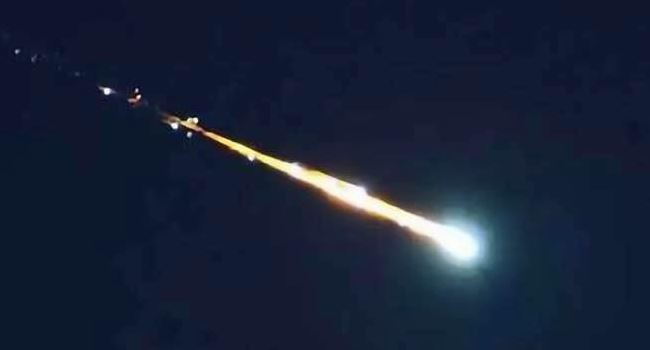Tech
Meteors are a threat to our planet, NASA chief warns

NASA Administrator Jim Bridenstine this week warned that meteors are a threat to the planet, CNN reports.
“This is not about Hollywood. It’s not about movies. This is about ultimately protecting the only planet we know right now to host life,” he said Monday, speaking at the Planetary Defense Conference in Washington D.C.
Bridenstine talked about a February 2013 meteor that exploded over Russia. That meteor blast shook Russia’s Urals region.
More than 1,000 people were injured, including more than 200 children, according to news reports. Many people were hit by flying glass when windows shattered from the sonic boom that followed the meteor’s explosion.
Read also: Hope for acid attack victims as Pakistani researchers make breakthrough in low-cost artificial skin
“It was brighter in the sky than the sun at that point when it entered Earth’s atmosphere. And people could feel the heat from this object from 62 kilometers away,” Bridenstine said.
“When it finally exploded 18 miles above the surface…it had…30 times the energy of the atomic bomb at Hiroshima,” he said, adding, that it “damaged buildings in six cities.”
More than 4,000 buildings, mostly apartment blocks, were damaged and 200,000 square meters (77,220 square miles) of glass were broken, the state-run RIA Novosti news agency reported then, citing the Chelyabinsk regional emergencies ministry.
Join the conversation
Support Ripples Nigeria, hold up solutions journalism
Balanced, fearless journalism driven by data comes at huge financial costs.
As a media platform, we hold leadership accountable and will not trade the right to press freedom and free speech for a piece of cake.
If you like what we do, and are ready to uphold solutions journalism, kindly donate to the Ripples Nigeria cause.
Your support would help to ensure that citizens and institutions continue to have free access to credible and reliable information for societal development.
























